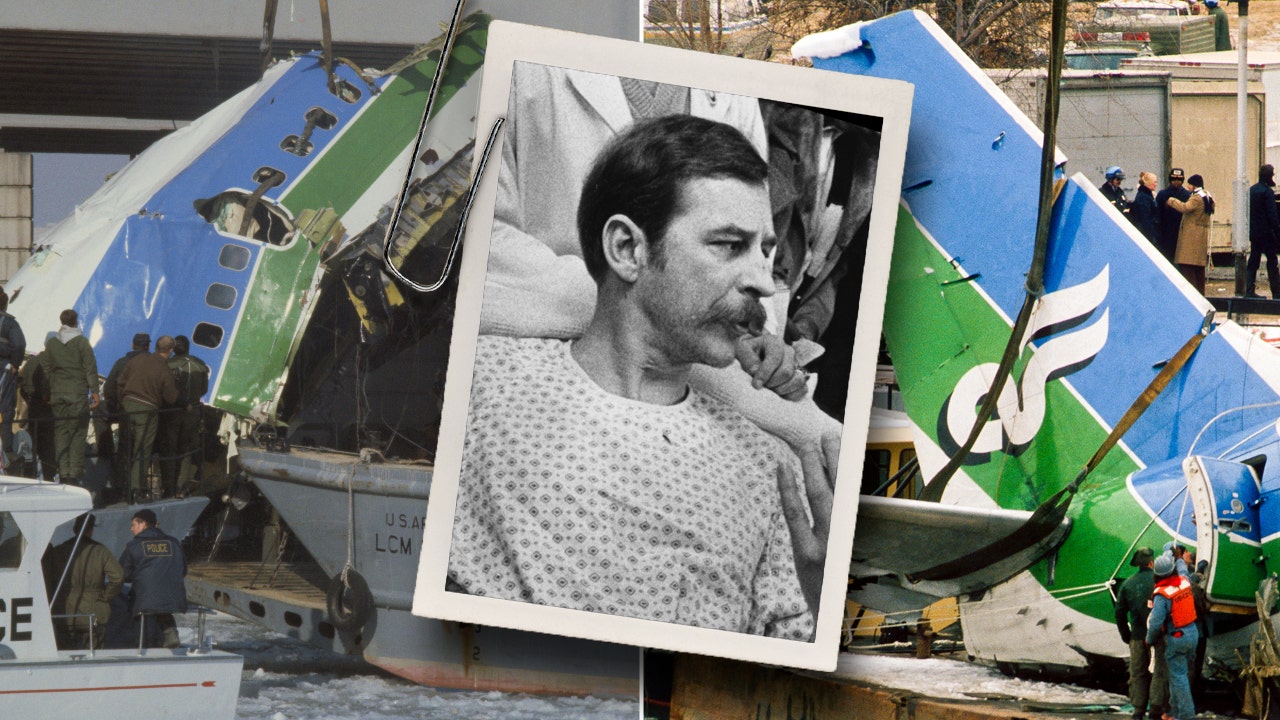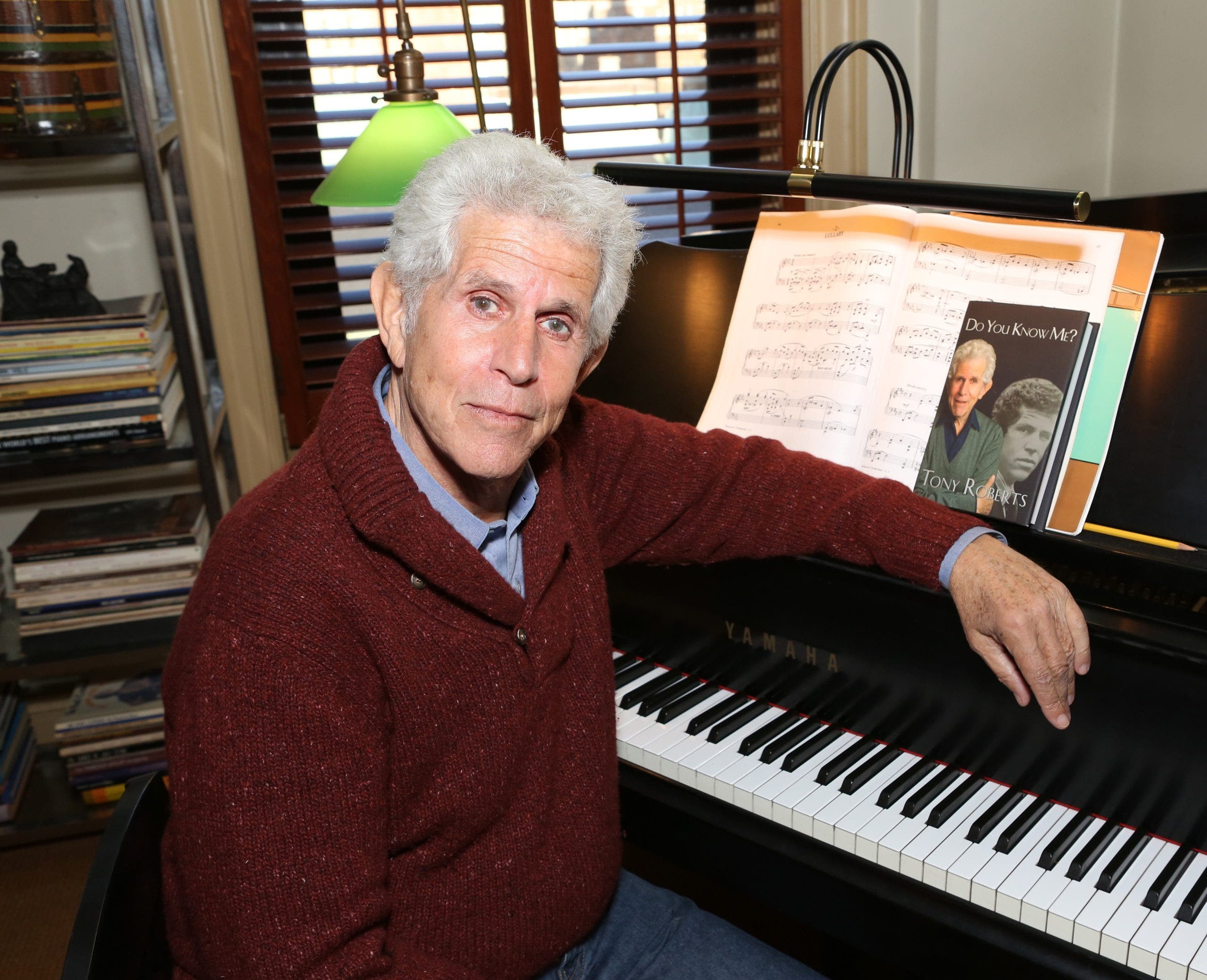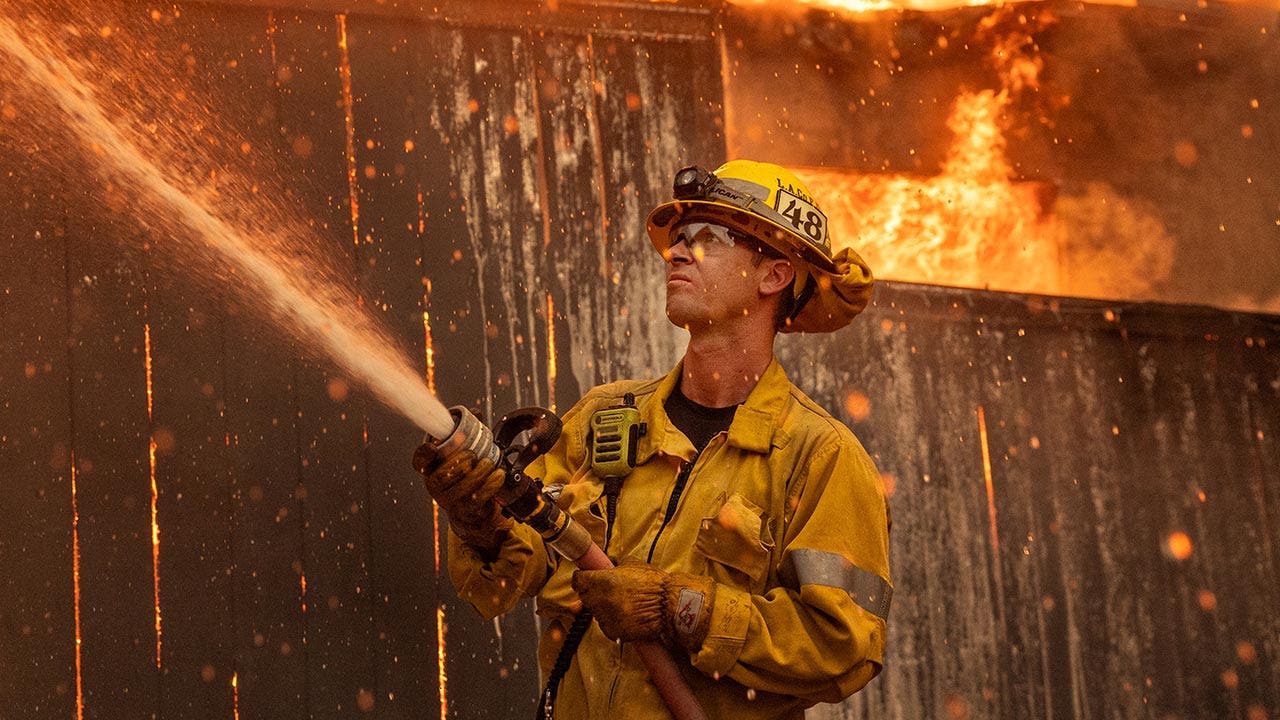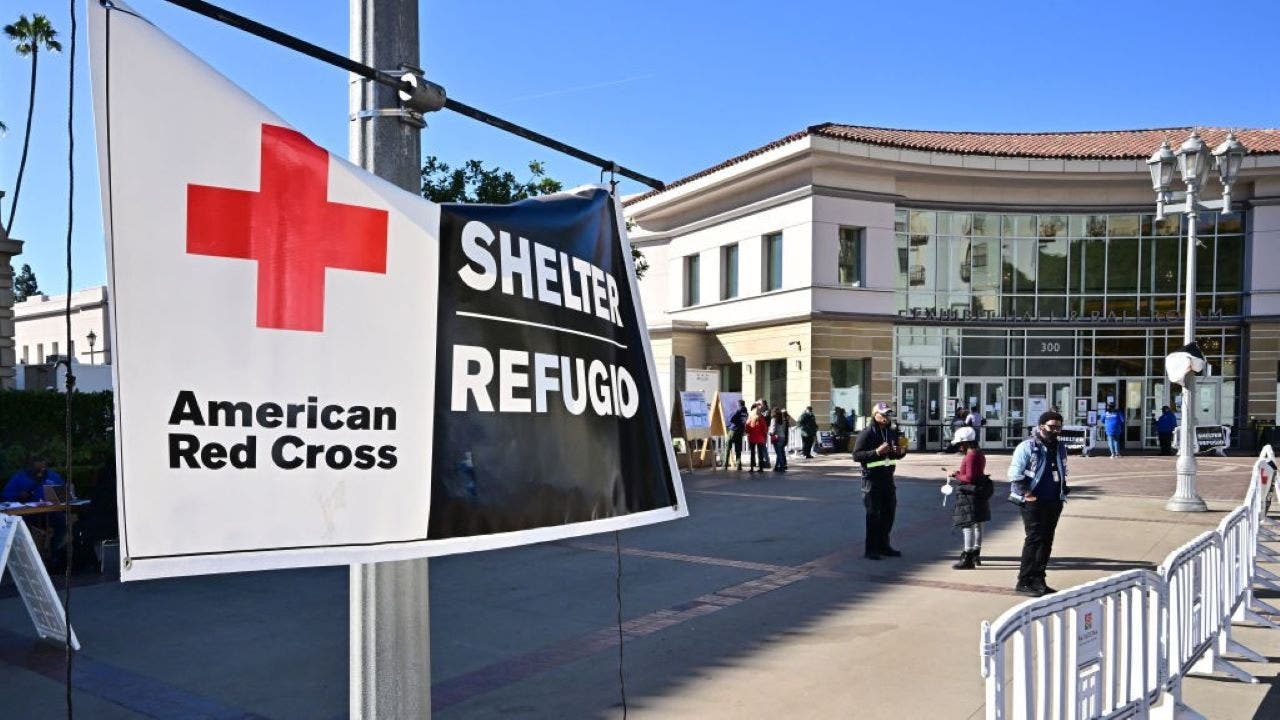Survivor of 1982 Plane Crash Reflects on Life-Saving Lessons
A survivor of a deadly 1982 plane crash into the Potomac River in Washington, D.C., says the Jan. 29 plane collision brought back memories of his unlikely survival more than 40 years ago.
The recent collision of American Airlines Flight 5342 with an Army Sikorsky UH-60 Black Hawk over the Potomac killed every person aboard both aircraft, a total of 64 people, echoing the haunting tragedy of January 13, 1982, that resulted in the loss of 78 lives.
Resilient Reflections from a Forgotten Tragedy
Joseph Stiley, now 86, stands as one of the few who emerged from the wreckage of Air Florida Flight 90 when it tragically collided with the 14th Street Bridge before plunging into the icy waters below. His story embodies resilience—an echo of choices that transcends trauma.
“Those memories remind me of how remarkably lucky I am. I acted when it mattered, and it saved my life,” Stiley shared with People. His journey is a testament to critical decision-making in dire situations, shaped by his training and instincts. “It’s like a personal evaluation—I can distinctly recall thinking, ‘Joe, you’ve grasped the situation, evaluated your options, and that’s what kept you alive.’”
A Lesson in Survival
Stiley was a licensed pilot at the time, a background that played an essential role in his survival. He instinctively curled into a protective ball as chaos erupted around him. “The moment I realized we were in trouble, I felt drawn to actions grounded in my training. I knew the odds were against us,” he recalled solemnly.
As a flight instructor, Stiley had taught many aspiring pilots about aerodynamics and emergency procedures, attending specialized survival schools that educated him on navigating crises. “Our training helps us, but no one expects to apply it under such dire circumstances,” he lamented. “Feeling that gut instinct, knowing what needed to be done, was profound.”
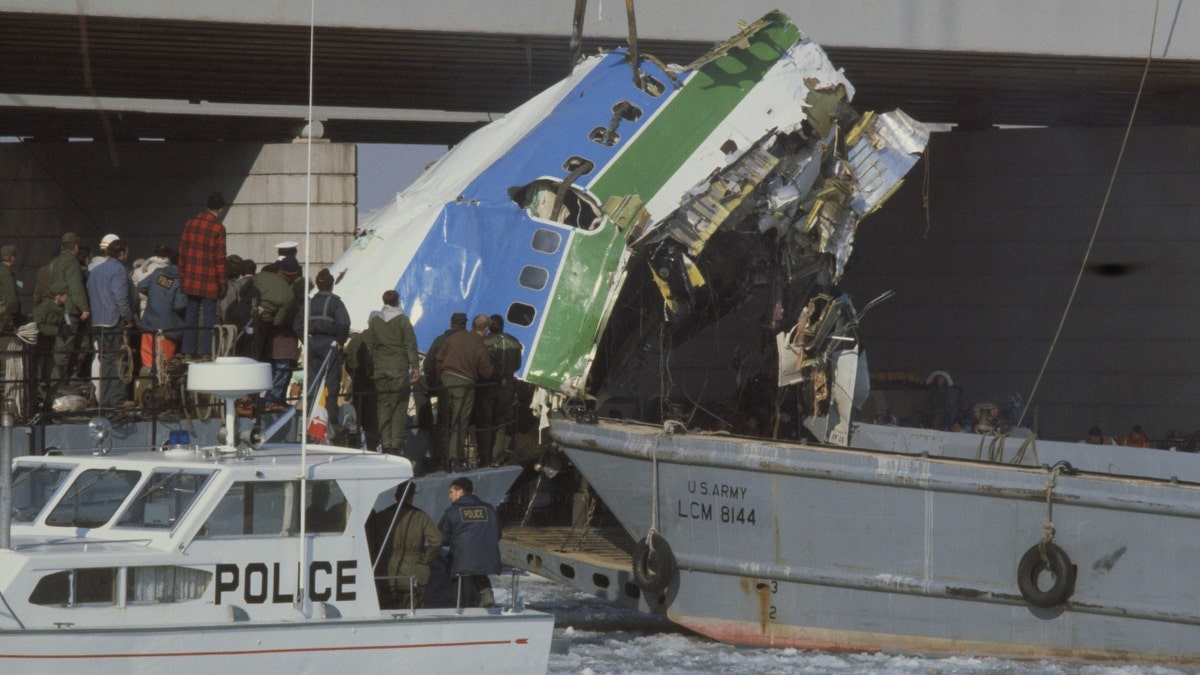
Enduring the Aftermath
The crash left Stiley with numerous injuries, breaking over 60 bones and leaving him physically challenged. “The pain doesn’t ever fully go away,” he disclosed. “I would huddle tightly, back against the seat in front, hands covering my head. It was an instinct born out of desperation.”
Among the wreckage, Stiley’s assistant, Patricia Felch, also survived—another miracle amidst despair. He lost consciousness upon impact, only to awaken as water enveloped him. With clarity amidst calamity, he directed Felch to hold onto his legs as they fought their way out. “Together, we escaped, but so many others faced unspeakable tragedies,” he said softly.
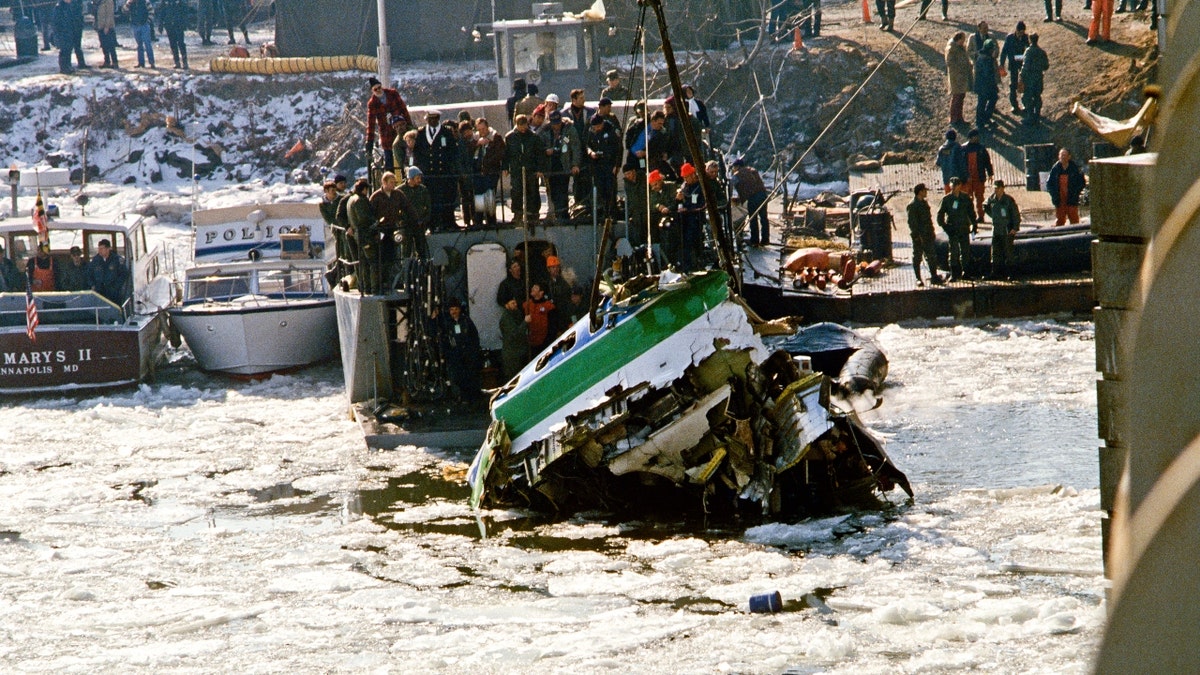
A Shared Grief
In a heartbreaking moment, he remembers Priscilla Tirado, another victim’s family member. Grieving the loss of her son, Priscilla struggled to find hope. “She was searching for her baby, a heartbreaking image ingrained in my memory,” Stiley recounted. The brutality of loss transformed their experience into a shared struggle, connecting lives through tragedy.
As he reflects on the Jan. 29 collision, Stiley expresses heartfelt condolences. “My heart aches for those families who must endure the pain of loss. Children have lost parents, and spouses have lost partners, leaving a wake of emptiness.”
The National Transportation Safety Board continues to probe the Jan. 29 incident, with soaring statistics reflecting devastating aircraft mishaps. In the past decade, the aviation world has witnessed over 238 fatalities in non-combat military aircraft crashes, a chilling reminder of the fragility of life amid human ambition.
For Stiley, sharing his story is not just an act of remembrance but a call for awareness. Each painful recollection serves as a lesson for future generations, hoping they can learn something invaluable from the shadows of history.

